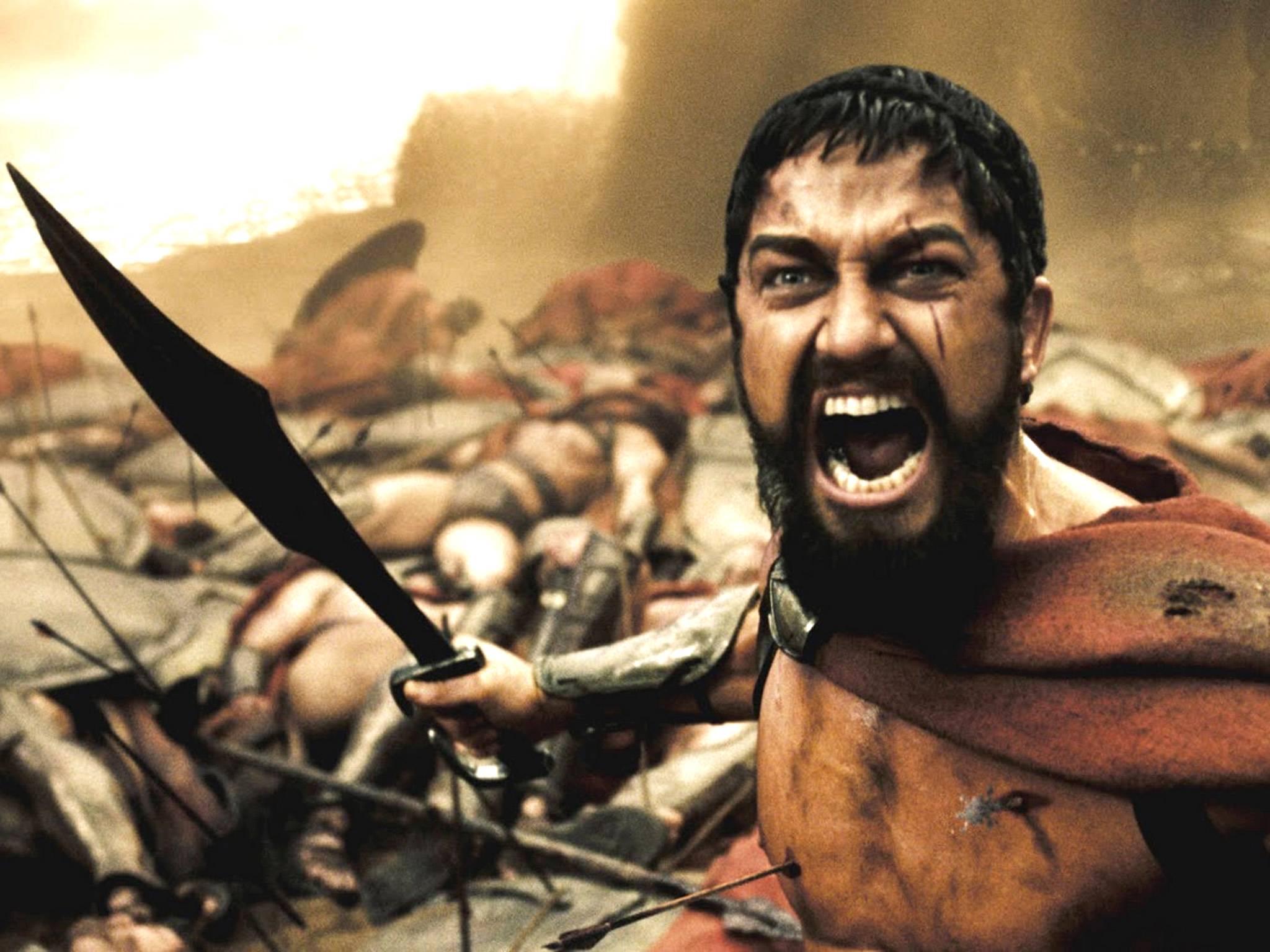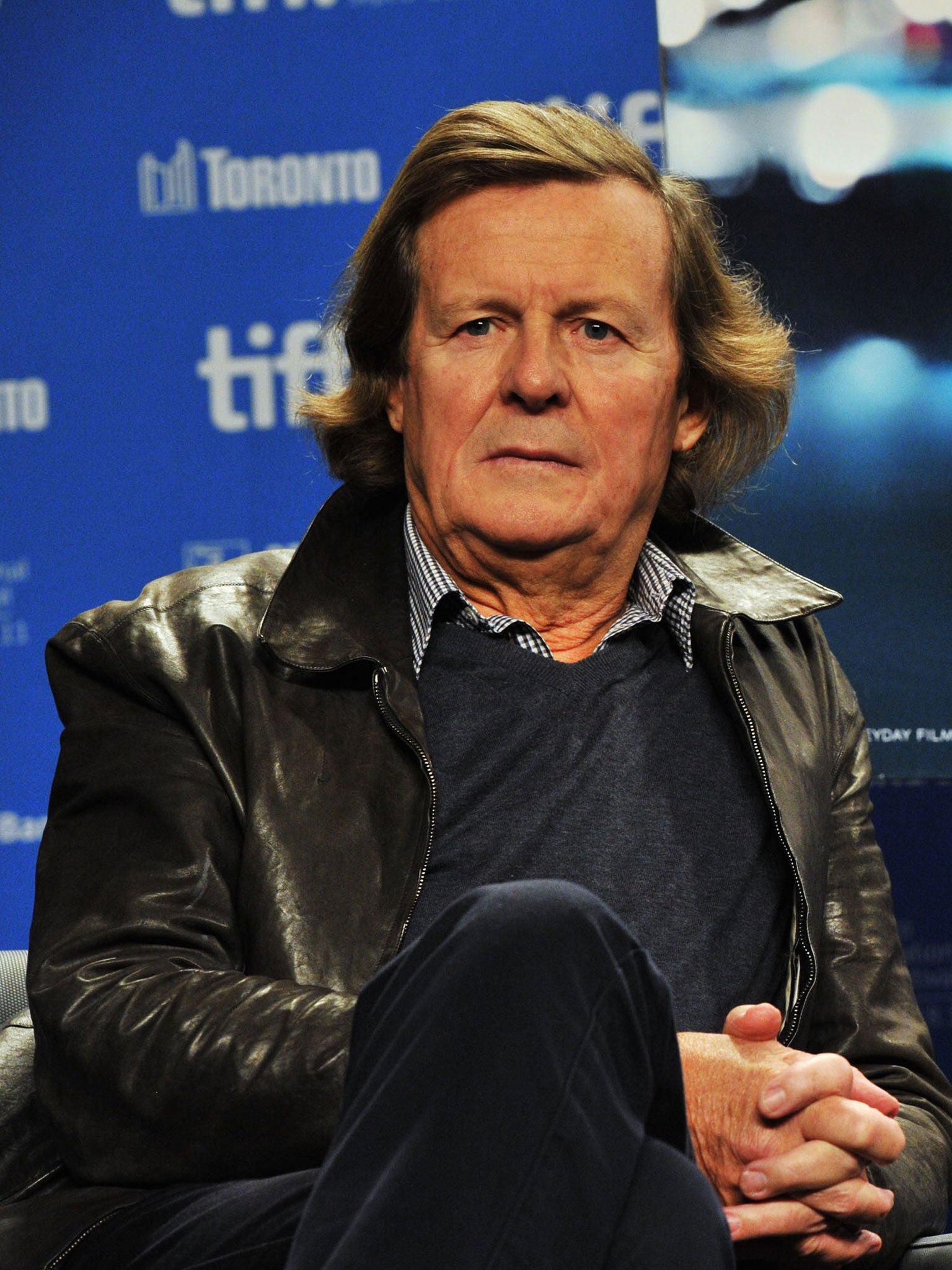David Hare attacks excessive 'body count' in movies and TV drama
Playwright also criticised number of violent deaths in acclaimed Scandi-noirs

Your support helps us to tell the story
From reproductive rights to climate change to Big Tech, The Independent is on the ground when the story is developing. Whether it's investigating the financials of Elon Musk's pro-Trump PAC or producing our latest documentary, 'The A Word', which shines a light on the American women fighting for reproductive rights, we know how important it is to parse out the facts from the messaging.
At such a critical moment in US history, we need reporters on the ground. Your donation allows us to keep sending journalists to speak to both sides of the story.
The Independent is trusted by Americans across the entire political spectrum. And unlike many other quality news outlets, we choose not to lock Americans out of our reporting and analysis with paywalls. We believe quality journalism should be available to everyone, paid for by those who can afford it.
Your support makes all the difference.Sir David Hare has criticised the mounting “body count” and lack of realism in contemporary film and television drama after completing a screen espionage trilogy in which no character ever fires a gun.
The award-winning playwright has written and directed the Worricker Trilogy, a series of feature-length BBC films starring Bill Nighy as an MI5 officer who uncovers collusion between Downing Street and private contractors profiteering from the “war against terrorism”.
Unlike the Bond and Bourne franchises, there is no gun play in Sir David’s spy thrillers. The climactic scene in the second film in the series, "Turks & Caicos", which the BBC screens next month, is a verbal confrontation featuring Nighy and his co-stars Christopher Walken and Helena Bonham Carter.
“I personally can’t stand the body count in contemporary drama. I just think it’s ridiculous,” Sir David said. “I’ve seen films in which 150 people have been killed and the next day the Mayor of New York just says ‘people are very angry about this’. And I just go ‘at what level of reality is this meant to be happening?’”
The author of the hit plays Plenty and The Absence of War included in his criticism the number of violent deaths in acclaimed Scandianvian detective series, such as The Killing and The Bridge.
He said: “I’m watching The Bridge 2 and I know it’s wonderful but 25 people have been killed in the first four episodes and there’s no politician, no media there? There’s a few detectives investigating it. And you go ‘at what level am I meant to be believing this?’ I just don’t believe it.”
Sir David said he instead sought to emulate Alfred Hitchcock, the master of suspense. “What I wanted to do was restore tension, which is what Hitchcock used to do.
“He never killed anybody. He always used to say it’s a terrible mistake to kill anybody because then all the tension’s gone. Whereas now 12 people are killed in the first minute.”
Turks & Caicos follows Page Eight, Sir David’s 2011 film which introduced Worricker and Alec Beasley, a popular but corrupt Prime Minister played by Ralph Fiennes.

Sir David said: “I’m restoring suspense without the threat that anybody will ever come through with a gun. Nobody who is seen in any of the three films ever carries a gun because by and large in intelligence work, not many people carry guns. They just don’t.”
“It’s trying to be realistic and that basic level and prove that we can be just as entertaining without guns as with.”
The writer admitted: “There are all sorts of wonderful films with guns that I love but I just wanted to do without them for once.”
Although his films shy away from violence, Sir David believes that the British intelligence services have colluded into the torture and death of civilians. He has spoken to figures within MI5 and been advised by Craig Murray, the former British ambassador to Uzbekistan-turned-whistleblower.
Sir David said: “At a basic level I just don’t believe that MI5 knock people off. But what they do do is conspire about the knocking off of people by other intelligence agencies – they’re there when it happens. And they make the lives of people who blow the whistle, when they catch them, unlivable by the methods described in Salting The Battlefield.”
The writer said mainstream US television is too scared to address the issue of collusion in torture by the intelligence services.
“The American actors in the films said there was no chance of this being made on US television. I’m told that US TV is going through a great period with Mad Men, Homeland and Breaking Bad but they are all about the traditional subjects American TV has always been about.
“You can’t get a contemporary story about what is going on inside government and how society sees itself on American TV. I see these films as a democratic airing of important issues.”
Scenes for the final instalment of the trilogy, Salting The Battlefield, were filmed in The Independent newspaper.
Olivia Williams plays Belinda Kay, the fictional editor of The Independent, who pursues an investigation into corruption inside Downing Street which threatens to bring down the Prime Minister.
Join our commenting forum
Join thought-provoking conversations, follow other Independent readers and see their replies
Comments